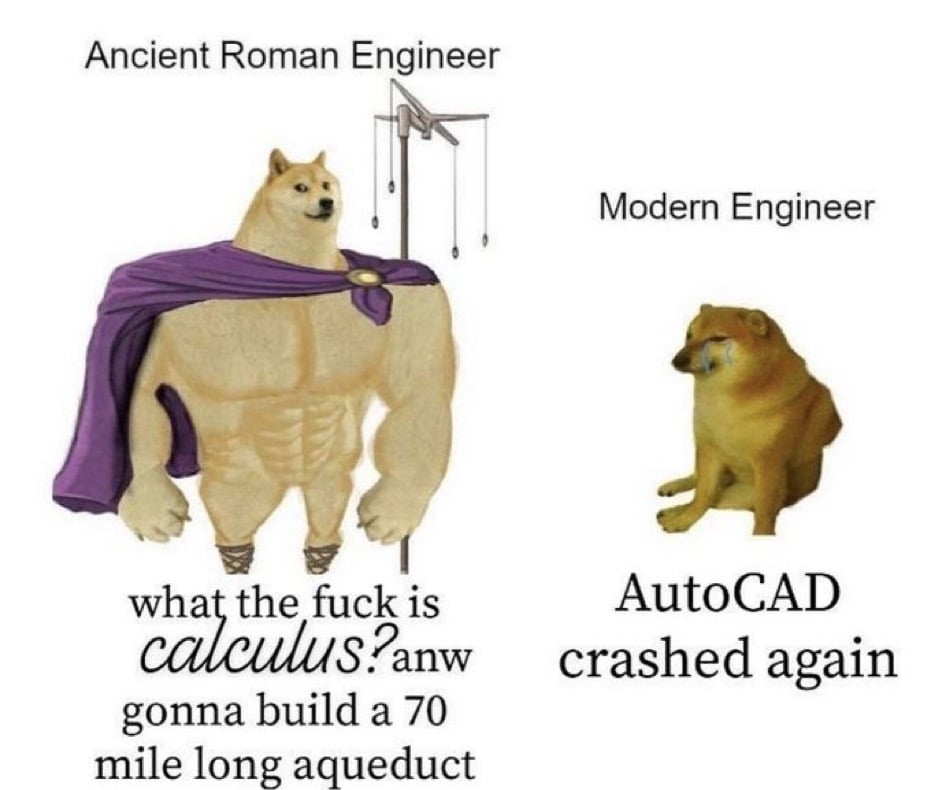this post was submitted on 03 Oct 2024
562 points (96.4% liked)
196
17867 readers
1261 users here now
Be sure to follow the rule before you head out.
Rule: You must post before you leave.
Other rules
Behavior rules:
- No bigotry (transphobia, racism, etc…)
- No genocide denial
- No support for authoritarian behaviour (incl. Tankies)
- No namecalling
- Accounts from lemmygrad.ml, threads.net, or hexbear.net are held to higher standards
- Other things seen as cleary bad
Posting rules:
- No AI generated content (DALL-E etc…)
- No advertisements
- No gore / violence
- Mutual aid posts are not allowed
NSFW: NSFW content is permitted but it must be tagged and have content warnings. Anything that doesn't adhere to this will be removed. Content warnings should be added like: [penis], [explicit description of sex]. Non-sexualized breasts of any gender are not considered inappropriate and therefore do not need to be blurred/tagged.
If you have any questions, feel free to contact us on our matrix channel or email.
Other 196's:
founded 2 years ago
MODERATORS
you are viewing a single comment's thread
view the rest of the comments
view the rest of the comments

Romans had a basic understanding of proportions and general vibes of design, but they couldn't really create calculations to verify their design as we do today. For instance, the designers of the Pantheon understood they needed to lighten the concrete as it went up and had novel techniques of doing so that we use today, but they didn't really know.
The state of the art for understanding basic stresses didn't become known until the 19th century. The design of the Eiffel Tower was impressive, in part, because that structure has a calc book defending it. A lot of early railroad bridges were still designed based on ratios and vibes.
That said, not all loads were understood by that time. The Tacoma-Narrows Bridge collapsed in part because of a gross misunderstanding of wind loads combined with the ability to design structures light enough that wind loads controlled.